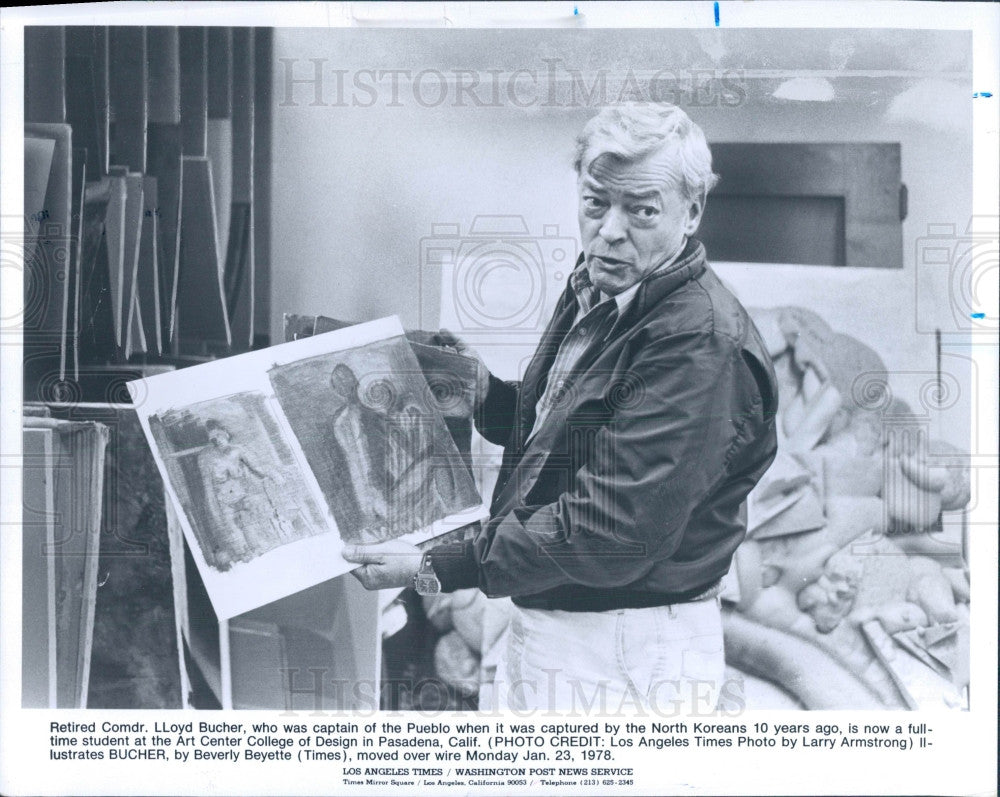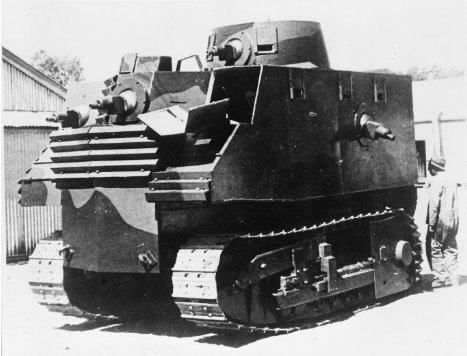


2, 1945, and retire instead of continuing his career, he would be considered the greatest commander of World War II-and perhaps the greatest military commander in American history. If he had been content to receive the Japanese surrender on Sept. In a sense, MacArthur is the victim of his own success. It’s time to reconsider Douglas MacArthur. What about his near flawless command during World War II, his trailblazing understanding of modern warfare, his grooming of some of the best commanders this country has ever seen? What about the fact that he is-as much as any other general in the war-responsible for the allied victory? It’s time to give “Dugout Doug” credit for these merits and not just cut him down for his mistakes-real and imagined. And all this noise seems to have drowned out the general’s tremendous accomplishments. “MacArthur could never see another sun, or even a moon for that matter, in the heavens, as long as he was the sun,” once said President Eisenhower, who had served under MacArthur in the Pacific. Some of what the critics say is undoubtedly true, but much of what they say is wrong. His critics say he was insubordinate and arrogant, callous in dealing with dissent, his Korean War command studded with mistakes. Fifty years after his death, it’s not unusual to hear people rank Douglas MacArthur among America’s worst generals-alongside Benedict Arnold and William Westmoreland.

F ollow him lives, fully lived, cast long shadows. He is the author of Four Stars: The Inside Story of the Forty-Year Battle Between the Joint Chiefs of Staff and America’s Civilian Leaders. Mark Perry is a writer who lives in Arlington, Virginia.


 0 kommentar(er)
0 kommentar(er)
